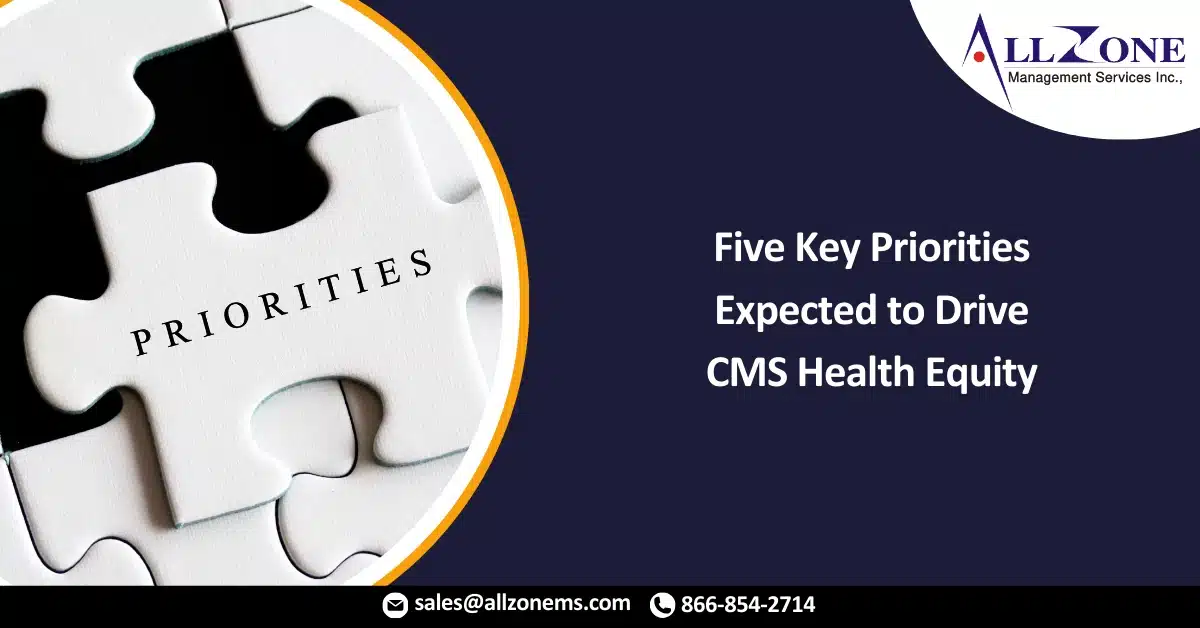Five priorities are identified in the mission of CMS Office of Minority Health, “Working to Achieve Health Equity.”
The Centers for Medicare & Medicaid Services (CMS) has five key priority areas that are expected to drive how the agency will, within a span of 10 years, accomplish its stated goal to achieve health equity.
Priority 1
The first priority, according to CMS, is to “expand the collection, reporting, and analysis of standardized data.” This means that CMS will continue to work on the standardization and data collection of social determinants of health (SDoH) information. The goal of expanding collection opportunities will be to increase an understanding for the needs of American communities including social risk factors and any changing concerns that occur over time.
Priority 2
According to CMS, the second priority is to “assess causes of disparities within CMS programs”to address inequities in policies and service operations that continue to perpetuate misaligned resource and health service distributions from those that are most in need.
Priority 3
The stated goal of CMS is to “build capacity of healthcare organizations” and the needed workforce. CMS will continue its commitment to support health care providers, plans, and organizations to ensure care can be delivered in minority and underserved communities.
Priority 4
The fourth priority is to “advance language access, health literacy, and the provision of culturally tailored services.”This directly relates to my report last week to ensure that our healthcare delivery is given in a culturally respectful and linguistically appropriate manner. Additionally, this requires that we adjust our care delivery to a method that recognizes health literacy for improved quality of care.
Priority 5
In its fifth stated priority, CMS says that it will strive to increase “all forms of accessibility to healthcare services.” CMS is specifically hoping to have greater understanding of care delivery for individuals with disabilities and how the various forms of disability services, including CMS-supported benefits, appropriately address access to care and quality.
So, in year one, what has been the focus so far? Well, the agency has expanded SDoH data collection requirements into the post-acute area. CMS has also expanded through its Innovation Center a program for Medicare Advantage (MA) plans called the Health Equity Incubation Program. This program is designed to help MA plans identify disparities among their enrollees and to provide flexibilities in service delivery to close gaps in care. Further, CMS is rolling out support for health equity technical assistance to help healthcare organizations collect SDoH data and complete analysis on their specific populations. The agency is expanding marketplace materials in various languages and plans to evaluate how it can expand supportive services in the Medicaid-Medicare population for people with disabilities.
Here is the Monitor Monday Listener Survey: Are you in support of the CMS Framework for Health Equity?
- Yes
- No
- Unsure
For More Information: five key priorities expected to drive cms health equity

